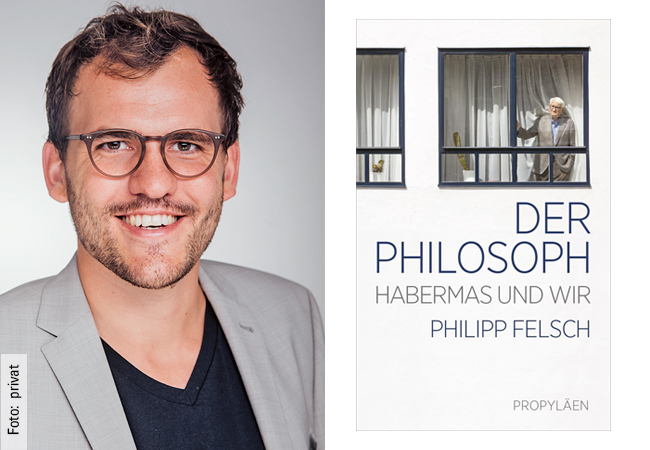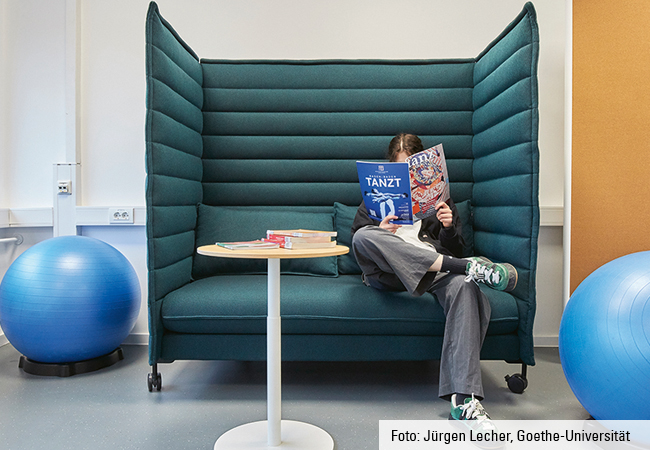People who have fled to Germany to escape war and violence often suffered traumatic experiences. Torture, rape or attacks can lead to post-traumatic stress disorder (PTSD): Those affected suffer from symptoms such as nightmares, vivid memories of the trauma, sleep disorders, concentration problems, anxiety and other distressing negative feelings. That is why many refugees urgently need psychotherapeutic help.
The research project Brief Imagery Rescripting for Posttraumatic Stress Disorder in Refugees (ReScript) at Goethe University’s Department of Clinical Psychology and Psychotherapy helps to improve the care of adult refugees suffering from PTSD. The project, led by Prof. Regina Steil (Frankfurt), Prof. Thomas Ehring (Munich) and Prof. Nexhmedin Morina (Münster), investigates the effectiveness of an innovative treatment for traumatized refugees. Affected people aged 18 and above are offered psychological diagnostics and therapy; if needed, an interpreter can support. The flight may have taken place in recent years, for example due to the war in Ukraine, but may also have happened decades ago; refugees affected by the war in the former Yugoslavia or Russia can also come forward.
The treatment consists of ten double sessions, held over a 12-week period, with a comparison group receiving the same treatment after a waiting period. The therapy’s success is recorded diagnostically in both groups before and after treatment, as well as three and 12 months later.
Goethe University currently has several free treatment places. The project is funded by the Federal Ministry of Education and Research.









